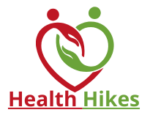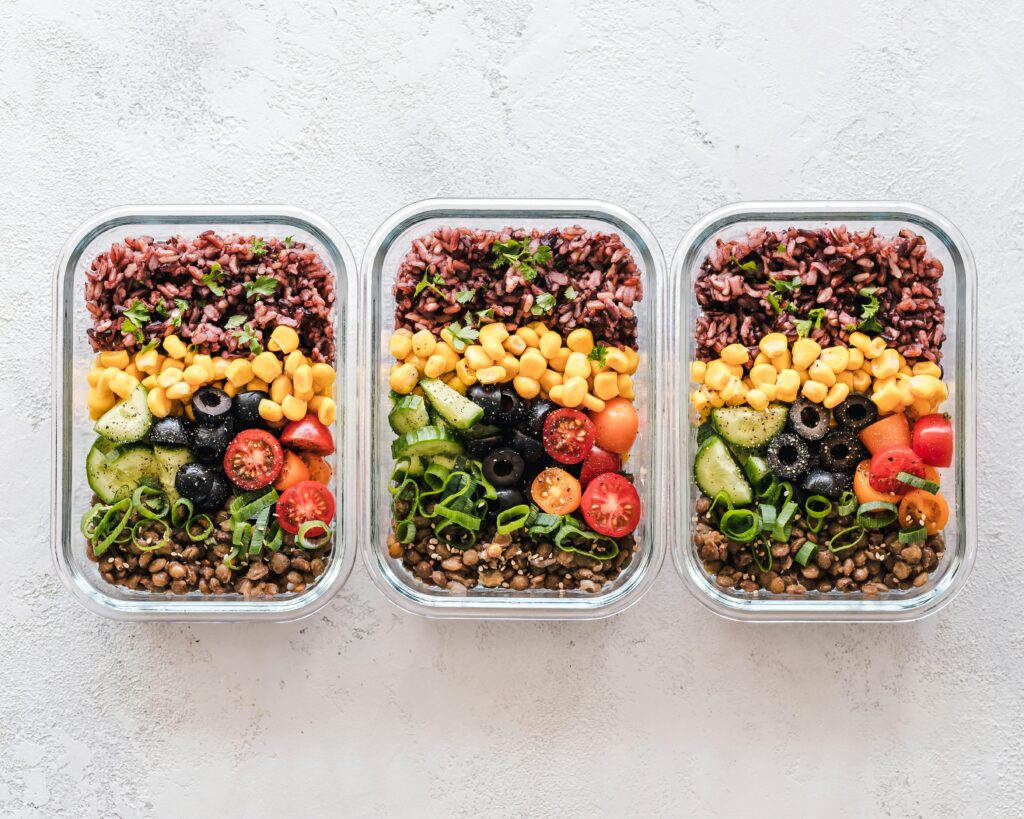Achieving fitness goals is not just about exercising regularly; it also involves fueling your body with the right foods. A balanced diet plays a crucial role in supporting physical performance and overall health.
By adopting a personalized healthy eating plan, you can optimize your body’s performance and support your overall well-being.
Key Takeaways
- A balanced diet is crucial for fitness and overall health.
- Tailoring nutrition to individual fitness needs is essential.
- A well-planned diet supports physical performance.
- Healthy eating plans can be personalized.
- A fit you starts with the right nutrition.
Understanding Healthy Eating Plans for Fitness Goals
To optimize physical performance and achieve desired fitness results, understanding the importance of nutrition is essential. A nutritious diet supports the body’s needs during exercise and aids in recovery.
The Connection Between Nutrition and Physical Performance
Nutrition directly impacts physical performance by providing the body with the necessary fuel to perform at its best. A balanced diet rich in essential nutrients supports energy production, endurance, and strength.
The right foods can enhance performance, while a poor diet can lead to fatigue, decreased performance, and increased risk of injury.
Essential Nutrients for Active Individuals
Active individuals require a diet that includes a balance of carbohydrates, proteins, and fats. Proteins are crucial for muscle repair and recovery, while fats support overall health and provide energy during lower-intensity activities.
A clean eating guide can help individuals make informed choices about their diet, focusing on whole, unprocessed foods that provide essential nutrients.
Hydration: The Often Overlooked Component
Proper hydration is essential for optimal physical performance, yet it’s frequently ignored until dehydration sets in. Staying well-hydrated supports body temperature regulation, nutrient delivery, and waste elimination.
To maintain hydration, people should consume ample water prior to, throughout, and following physical activity. The required water intake depends on factors like exercise intensity, environmental conditions, and personal sweat rates.
Popular Healthy Eating Plans for Different Fitness Levels
The journey to a fitter you begins with understanding the most effective eating plans for your specific fitness level. A personalized nutrition program can make all the difference in achieving your goals, whether you’re an endurance athlete, focusing on strength training, or simply looking to maintain general fitness.
Choosing the right eating plan involves considering your fitness goals, dietary preferences, and lifestyle. Wholesome food choices are fundamental to any successful nutrition plan, providing the necessary nutrients for optimal performance and recovery.
Mediterranean Diet for Endurance Athletes

The Mediterranean diet is renowned for its health benefits, particularly for endurance athletes. This diet supports sustained energy levels and promotes overall cardiovascular health.
High-Protein Plans for Strength Training
For individuals engaged in strength training, a high-protein diet is often recommended. Protein is crucial for muscle repair and growth, helping to enhance strength and endurance. Incorporating lean meats, fish, eggs, and dairy products into your meals can support your strength training goals.
Balanced Macronutrient Approaches for General Fitness
A balanced diet that includes the right mix of carbohydrates, proteins, and fats is essential for general fitness. This approach ensures that your body receives all the necessary nutrients to function optimally, supporting overall health and fitness.
Plant-Based Options for Active Lifestyles
Plant-based diets are becoming increasingly popular among active individuals. Rich in vitamins, minerals, and antioxidants, plant-based eating plans can support energy needs and promote recovery. Legumes, nuts, and whole grains are excellent sources of plant-based protein and other essential nutrients.
Meal Timing and Frequency for Optimal Results
In addition to choosing the right foods, the timing and frequency of meals can significantly impact your fitness results. Consuming well-balanced meals at consistent times helps sustain energy and aids muscle repair. Additionally, maintaining hydration by drinking sufficient water daily is crucial.
By tailoring your nutrition plan to your specific fitness goals and incorporating wholesome food choices, you can optimize your performance and achieve a healthier, fitter you.
Conclusion: Making Your Healthy Eating Plan Sustainable
Maintaining a healthy eating plan is crucial for achieving fitness goals and overall well-being. This includes paying attention to your hunger and fullness cues, eating slowly, and savoring your food.
By adopting optimal health strategies, such as meal planning and prep, you can ensure a consistent supply of nutritious food. This approach helps to reduce food waste, save time, and make healthier choices. Proper hydration is essential for enhancing physical performance and maintaining overall well-being.
To achieve sustainable improvements in your diet and exercise routine, prioritize steady progress over striving for perfection.
Celebrate small victories, and don’t be too hard on yourself when you encounter setbacks. By being consistent and patient, you can achieve your fitness goals and maintain a healthy, balanced lifestyle.
FAQ
What is a healthy eating plan, and how does it support fitness goals?
A healthy eating plan is a balanced diet that provides the body with the necessary nutrients to support physical performance and overall health. It helps individuals achieve their fitness goals by fueling their bodies with the right foods.
What are the essential nutrients for active individuals?
Active individuals require a mix of protein, complex carbohydrates, and healthy fats to support energy production, muscle repair, and overall health.
How important is hydration in a healthy eating plan?
Hydration is crucial for physical performance and overall health. Adequate hydration helps regulate body temperature, transport nutrients, and remove waste products. It’s essential to drink plenty of water throughout the day, especially during and after exercise.
What are some popular healthy eating plans for different fitness levels?
Popular healthy eating plans include the Mediterranean diet for endurance athletes, high-protein plans for strength training, and balanced macronutrient approaches for general fitness. Plant-based diets are also a great option for active individuals who follow a vegan or vegetarian lifestyle.
How can I make my healthy eating plan sustainable in the long term?
To make a healthy eating plan sustainable, focus on developing mindful eating habits, such as paying attention to hunger and fullness cues, eating a variety of whole foods, and avoiding restrictive dieting. Additionally, consider working with a registered dietitian or nutritionist to create a personalized nutrition program that meets your individual needs and promotes optimal health strategies.
What are some tips for maintaining a balanced diet with a busy lifestyle?
To maintain a balanced diet with a busy lifestyle, focus on wholesome food choices, such as whole grains, fruits, and vegetables. Consider meal prepping or planning ahead to ensure you have healthy meals and snacks on hand. Additionally, be mindful of your eating habits and try to avoid relying on convenience or processed foods.

